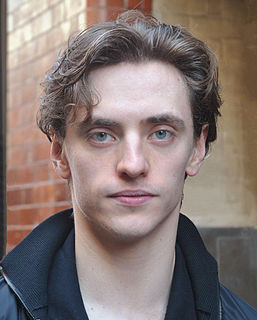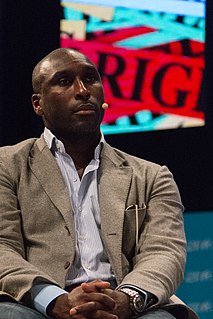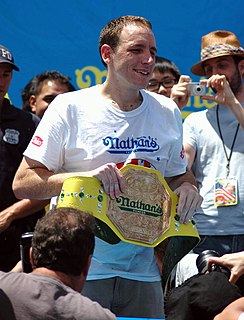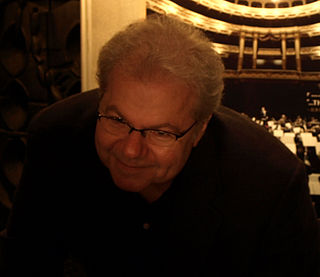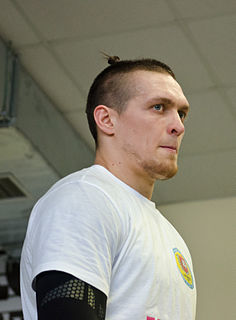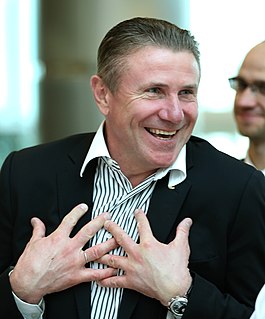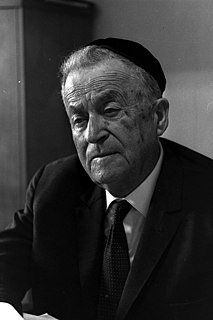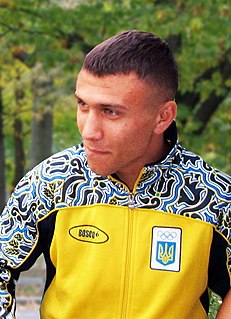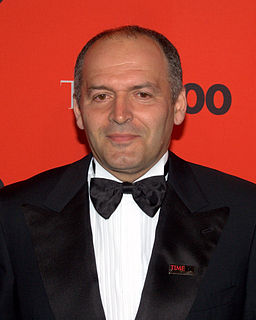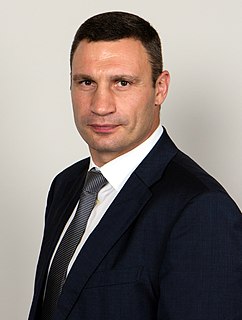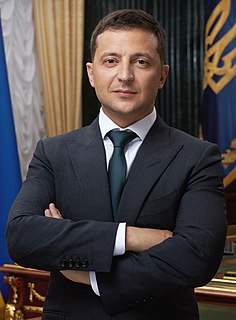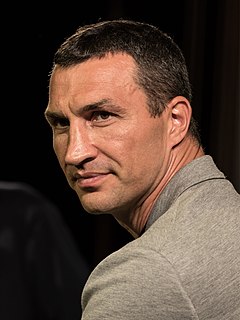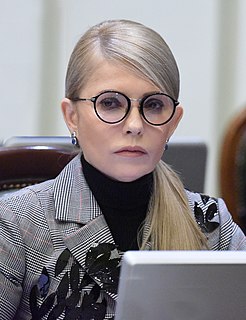A Quote by Sergei Polunin
The contemporary programs in London are harder and much more damaging for the body. With classical ballet you are relaxed mentally because it's what you learnt, but I want to push myself.
Related Quotes
So many people report to be contemporary dancers, and they're not. They are sort of jazz dancers that feel like they're throwing a bit of classical in there. I mean, a true contemporary dancer has got ballet as their base and classical ballet, and that is their base. And then they choose to extemporize on that and go into a contemporary world.
When you train as a dancer, you understand you have to work exceptionally hard. I think dancers are the hardest - working people in show business. You have to push your body beyond where you thought it could go. It's athleticism. Perfection doesn't exist, but with classical ballet, there is an ideal, and I got obsessed with that ideal. In some ways, it was problematic because I don't have an ideal ballet body, but the discipline is what I carry with me to this day. That's my park, the discipline of dancing.
It's much harder to work for yourself, by yourself, than to create work for a gallery, because there are no limits and you can do anything you want. It's always easier when you have a parameter, when you have a limit. You can work within the limit and push it and walk the line, but when you're given absolutely no limits, it's harder. You must really think. It's more challenging.
I try to push myself a little every day. For me, it's doing 10 more seconds of whatever I'm working on. So if I'm on the treadmill sprinting my butt off or doing a grueling core workout, I think to myself, 'You can do 10 more seconds, and you'll be that much mentally stronger.' After a while, those 10 seconds add up!
